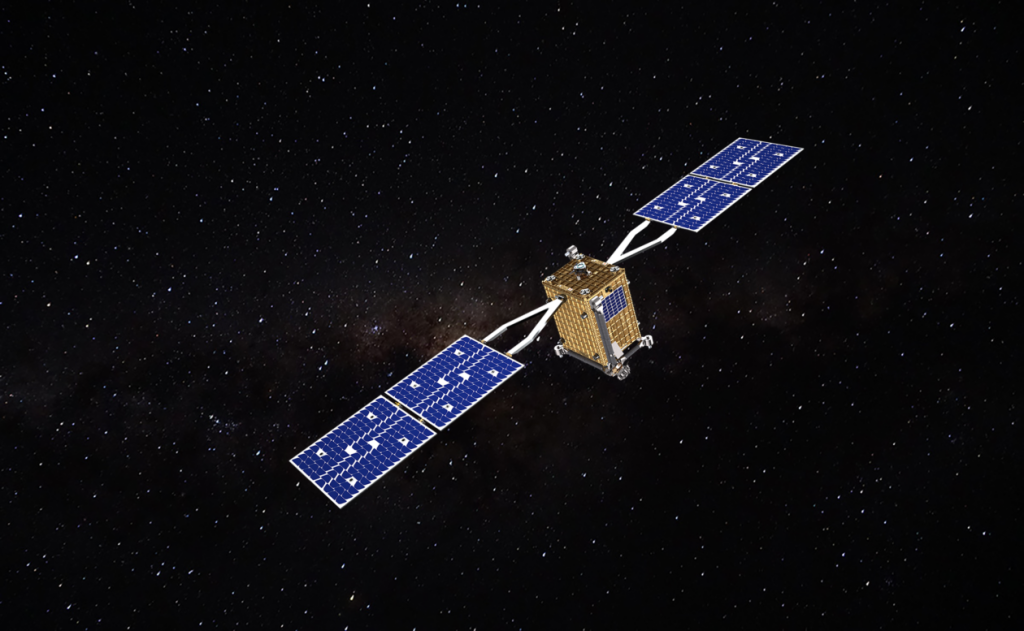Starfish Space, based in Tukwila, Wash., has signed a contract with Intelsat for on-orbit life extension services to a geostationary satellite starting in 2026. This contract marks the first commercial agreement for Starfish’s Otter satellite servicing spacecraft, which is currently in development. This follows a previous $37.5 million contract with the U.S. Space Force for a satellite docking demonstration. Starfish Space co-founder Trevor Bennett expressed excitement about supporting Intelsat and hopes this partnership will lead to more opportunities to make on-orbit servicing a standard operation for satellites.
Intelsat’s senior vice president of space systems, Jean-Luc Froeliger, views the Otter contract as an example of Intelsat’s commitment to innovation and new technologies. The specific financial terms of the contract were not disclosed, nor was the identity of the satellite that will be serviced. The plan involves Otter docking with a retired Intelsat satellite in geostationary graveyard orbit, maneuvering it for extra life, then docking with an operational satellite to extend its operational orbit. Otter’s propulsion system will be instrumental in this process to prolong the satellite’s life by keeping it in orbit for more years.
Apart from Starfish Space, other companies like Northrop Grumman have also entered into agreements to provide satellite life extension services for Intelsat. Northrop Grumman’s MEV-1 and MEV-2 servicing spacecraft have previously been involved in docking activities to extend the life of satellites. Additionally, Intelsat has recently partnered with Northrop Grumman’s SpaceLogistics subsidiary to install a mission extension “jet pack” on one of its satellites in orbit. These collaborations showcase the increasing interest in using innovative technologies to prolong the operational life of satellites in space.
Over the past year, the technologies intended for Otter were tested during Starfish Space’s Otter Pup demonstration mission. Despite facing some challenges, the demonstration showed the capability of Starfish’s orbital maneuvering system to rendezvous with satellites in orbit. Otter is expected to be capable of refueling or maneuvering satellites to extend their useful life, as well as deorbiting them when they are no longer needed. The successful completion of the demonstration mission highlights the potential of Otter in providing essential services to the satellite industry.
The co-founders of Starfish Space, Trevor Bennett, and Austin Link, both have experience working at Jeff Bezos’ Blue Origin space venture. The startup was established in 2019 and has raised over $21 million in total investments as of the previous year. In addition to the partnerships with Intelsat and the U.S. Space Force, Starfish Space has also secured technology development contracts from NASA. The company’s focus on developing innovative solutions for satellite servicing indicates a growing trend in the space industry towards embracing new technologies for extending the life of satellites in orbit.
Overall, the partnership between Starfish Space and Intelsat marks a significant step towards introducing on-orbit servicing as a standard practice for satellites. Through the use of cutting-edge technologies and innovative solutions, both companies aim to maximize the value of geostationary satellite fleets and deliver enhanced services to customers. The success of previous missions and the expertise of the team behind the Otter satellite servicing spacecraft indicate promising prospects for the future of satellite life extension services in space.


